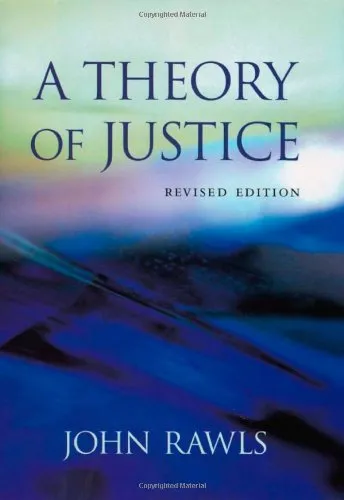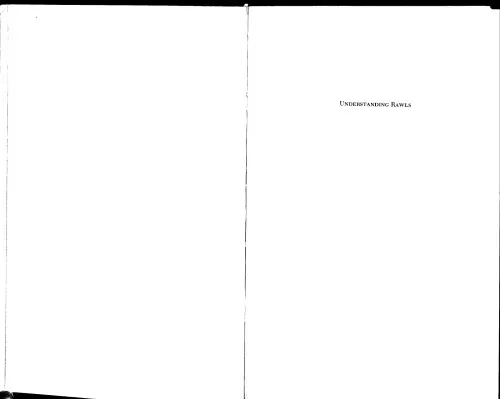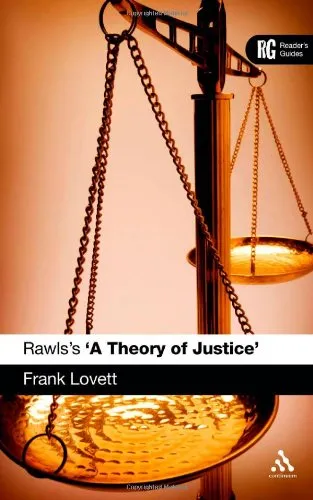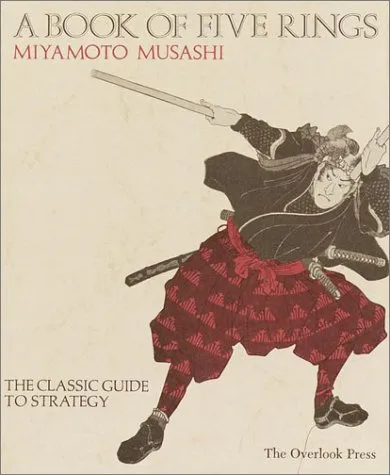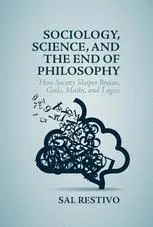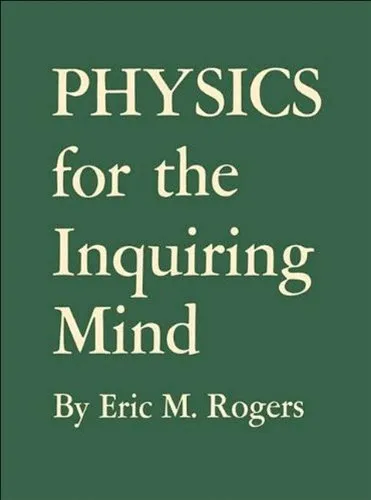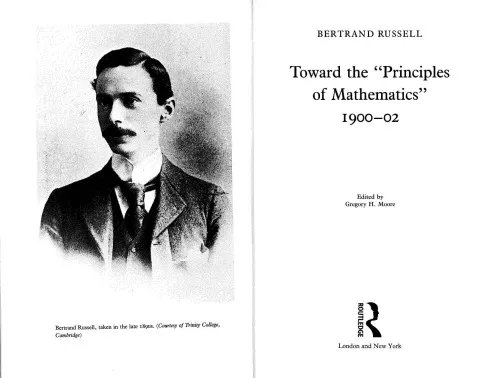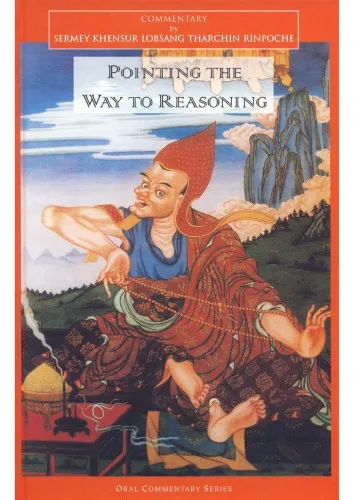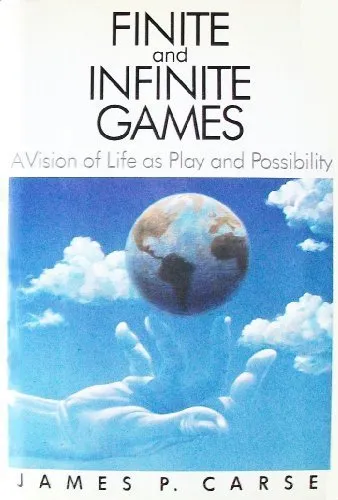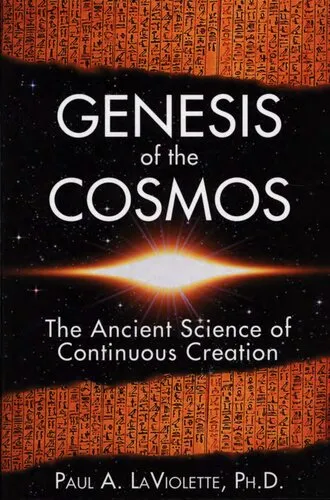A Theory of Justice: Revised Edition (Belknap)
4.6
Reviews from our users

You Can Ask your questions from this book's AI after Login
Each download or ask from book AI costs 2 points. To earn more free points, please visit the Points Guide Page and complete some valuable actions.Related Refrences:
Introduction to 'A Theory of Justice: Revised Edition (Belknap)'
Authored by John Rawls, "A Theory of Justice" is a pivotal work in political philosophy and moral theory. This revised edition of Rawls' groundbreaking book continues to shape discussions on justice, equality, and societal structures.
Detailed Summary
John Rawls’ “A Theory of Justice” presents a compelling framework for understanding justice, which he terms "justice as fairness." This approach aims to provide a systematic approach to thinking about justice issues by suggesting principles that could guide a well-ordered society. At its core is the idea of the “original position,” a hypothetical scenario where individuals choose their society’s rules from behind a “veil of ignorance,” unaware of their own socio-economic status, abilities, or preferences. This thought experiment is designed to ensure fairness and impartiality in the selection of principles of justice.
Rawls proposes two main principles that he believes rational actors would select in the original position. The first is the "principle of equal liberty," which asserts that every individual has an equal right to basic liberties that are compatible with the same liberties for others. The second principle, addressing social and economic inequalities, comprises two parts: the principle of fair equality of opportunity and the difference principle. The latter suggests that social and economic inequalities should be arranged so that they benefit the least advantaged members of society.
Key Takeaways
- Justice as Fairness: The book introduces an innovative approach to justice that focuses on creating a fair social contract through impartial reasoning.
- Original Position & Veil of Ignorance: These are essential concepts used to establish a fair method for determining the principles of justice that govern a society.
- Two Principles of Justice: Rawls outlines essential principles to secure liberty and equality in a just society, emphasizing the protection of the least advantaged.
- Critique and Alternatives: The revised edition addresses critiques and offers clarifications that strengthen Rawls' arguments against utilitarian constructs.
Famous Quotes from the Book
"Justice is the first virtue of social institutions, as truth is of systems of thought."
"Each person is to have an equal right to the most extensive basic liberty compatible with a similar liberty for others."
"Social and economic inequalities are to be arranged so that they are to everyone's advantage and attached to positions and offices open to all."
Why This Book Matters
“A Theory of Justice” is a cornerstone in the field of political philosophy, offering a profound reassessment of classical liberal thought and providing fresh perspectives on justice and equality. It redefines the dialogue around how societies structure themselves to ensure fairness and equity, emphasizing theoretical depth, moral reasoning, and practical relevance.
Rawls’ ideas significantly impact contemporary political discourse, influencing discussions on social justice, human rights, and economic inequalities. By advocating for principles that inherently protect the least advantaged and ensure fair opportunities for all, the book continues to inspire and challenge those interested in creating fairer societies.
Free Direct Download
You Can Download this book after Login
Accessing books through legal platforms and public libraries not only supports the rights of authors and publishers but also contributes to the sustainability of reading culture. Before downloading, please take a moment to consider these options.
Find this book on other platforms:
WorldCat helps you find books in libraries worldwide.
See ratings, reviews, and discussions on Goodreads.
Find and buy rare or used books on AbeBooks.
1402
بازدید4.6
امتیاز0
نظر98%
رضایتReviews:
4.6
Based on 0 users review
Questions & Answers
Ask questions about this book or help others by answering
No questions yet. Be the first to ask!
